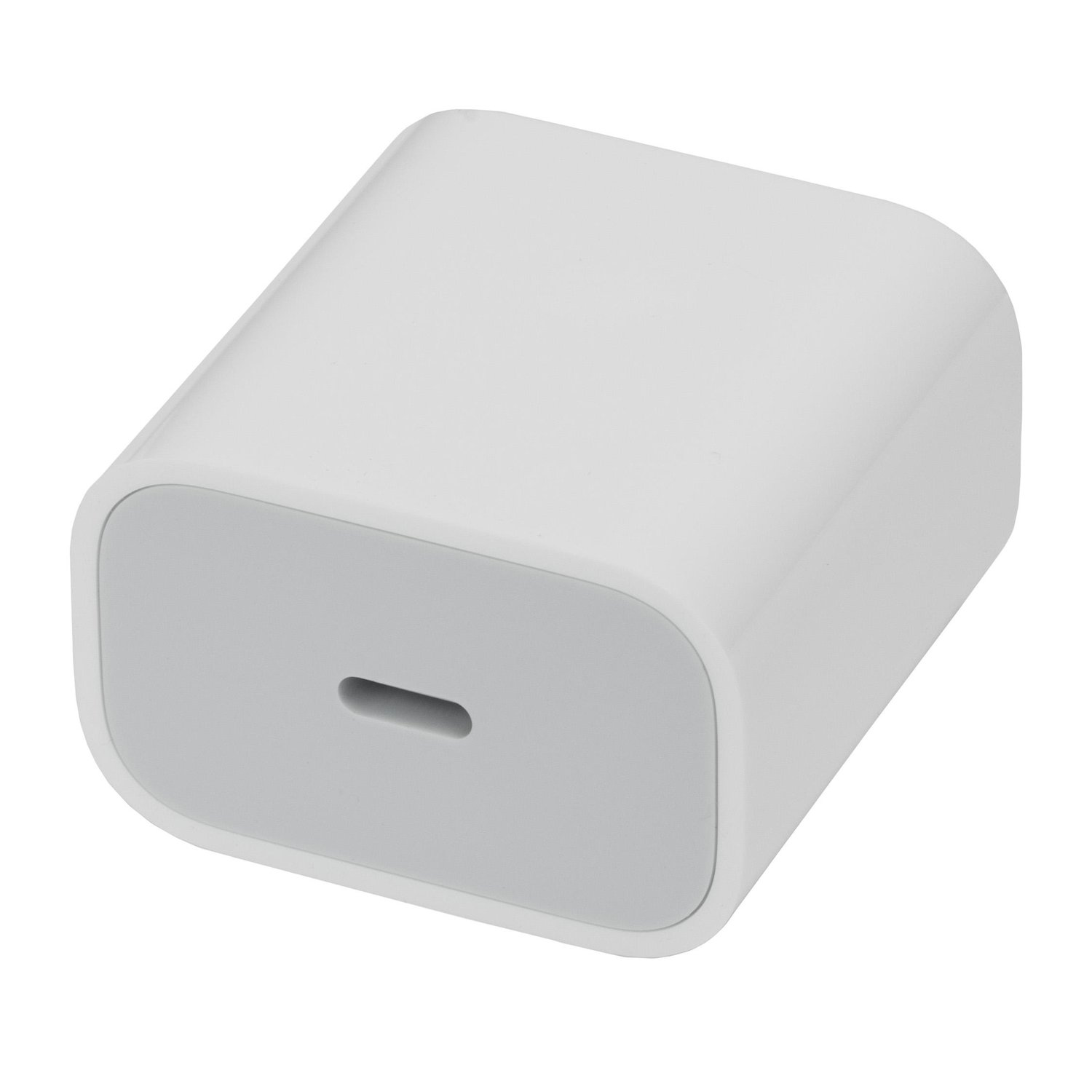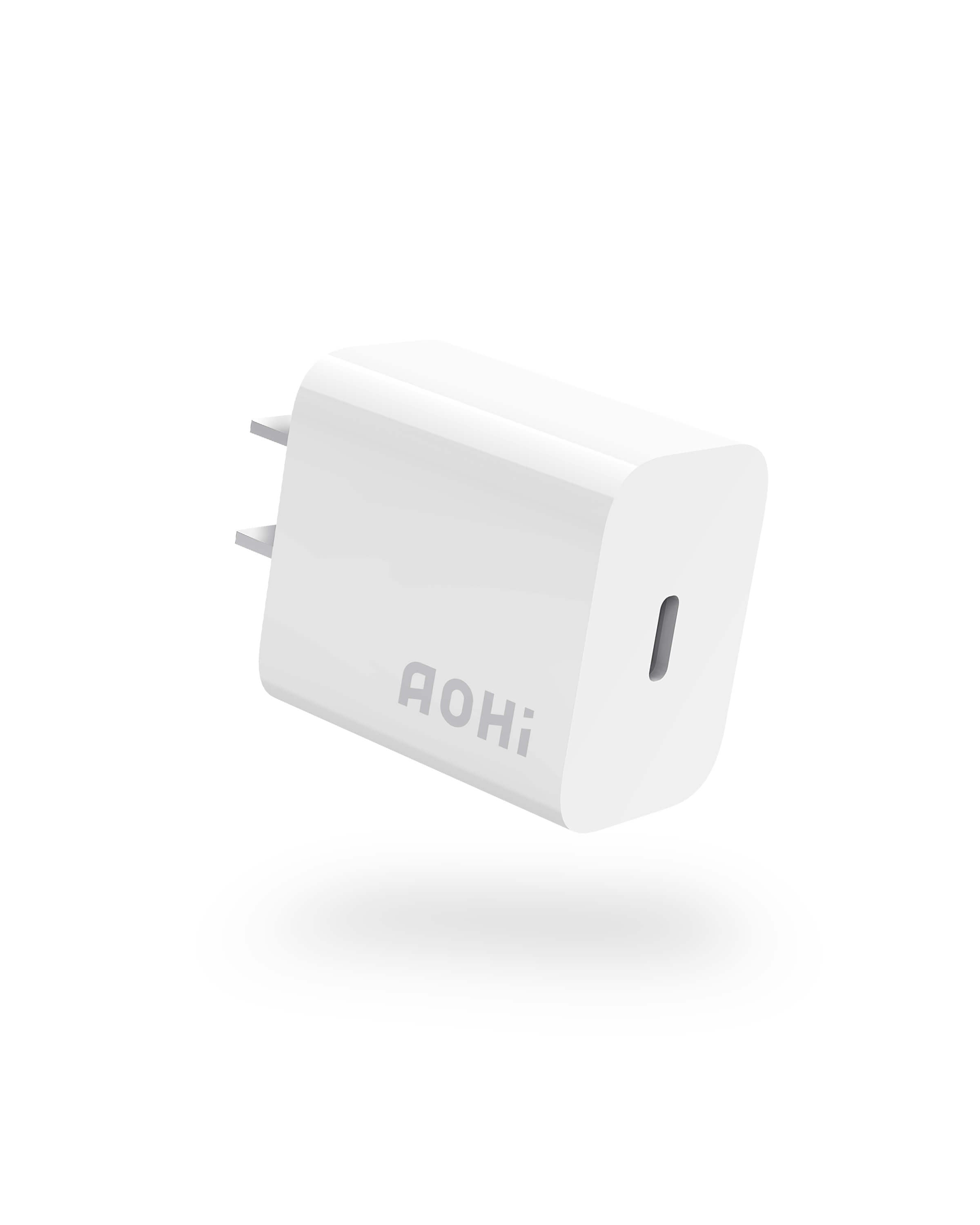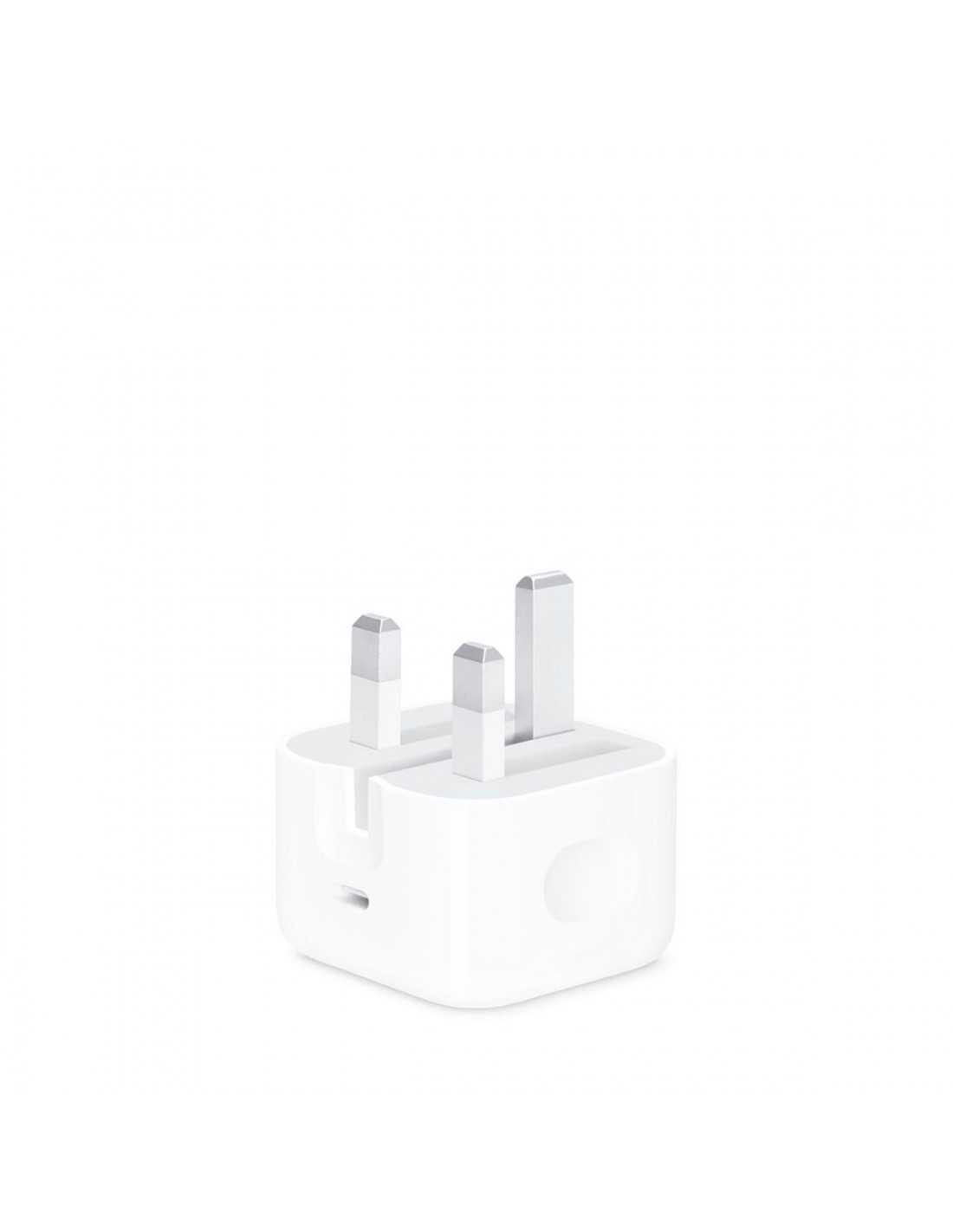![Amazon.com: [3 Pack] USB-C Wall Charger, 20W Durable Dual Port QC+PD 3.0 Power Adapter, Double Fast Plug Charging Block for iPhone 14/14 Pro/14 Pro Max/14 Plus/13/12/11, XS/XR/X, Watch Series 8/7 Cube(White) : Amazon.com: [3 Pack] USB-C Wall Charger, 20W Durable Dual Port QC+PD 3.0 Power Adapter, Double Fast Plug Charging Block for iPhone 14/14 Pro/14 Pro Max/14 Plus/13/12/11, XS/XR/X, Watch Series 8/7 Cube(White) :](https://m.media-amazon.com/images/I/61vpOd+b0pL._AC_UF1000,1000_QL80_.jpg)
Amazon.com: [3 Pack] USB-C Wall Charger, 20W Durable Dual Port QC+PD 3.0 Power Adapter, Double Fast Plug Charging Block for iPhone 14/14 Pro/14 Pro Max/14 Plus/13/12/11, XS/XR/X, Watch Series 8/7 Cube(White) :

Amazon.com: USB C Power Adapter,3Pack 20W 2 Port PD&QC 3.0 Type C Fast Charging Block Wall Charger Compatible for iPhone 14 13 12 11 Pro Max,SE,iPad,8 7 Plus,Samsung Galaxy S21 S20 S10
![Amazon.com: [2 Pack] USB C Wall Charger【Apple MFi Certified】iPhone Charger Block 20W PD Power Adapter for iPhone 14/14 Pro/14 Pro Max/14 Plus/13/12/11, iPad Pro, Google Pixel 7/6/5/4/3, Samsung Galaxy S22 S21 S20 : Amazon.com: [2 Pack] USB C Wall Charger【Apple MFi Certified】iPhone Charger Block 20W PD Power Adapter for iPhone 14/14 Pro/14 Pro Max/14 Plus/13/12/11, iPad Pro, Google Pixel 7/6/5/4/3, Samsung Galaxy S22 S21 S20 :](https://m.media-amazon.com/images/I/41EsPvQi3nL._AC_UF1000,1000_QL80_.jpg)
Amazon.com: [2 Pack] USB C Wall Charger【Apple MFi Certified】iPhone Charger Block 20W PD Power Adapter for iPhone 14/14 Pro/14 Pro Max/14 Plus/13/12/11, iPad Pro, Google Pixel 7/6/5/4/3, Samsung Galaxy S22 S21 S20 :



















